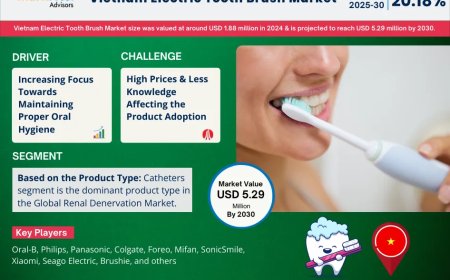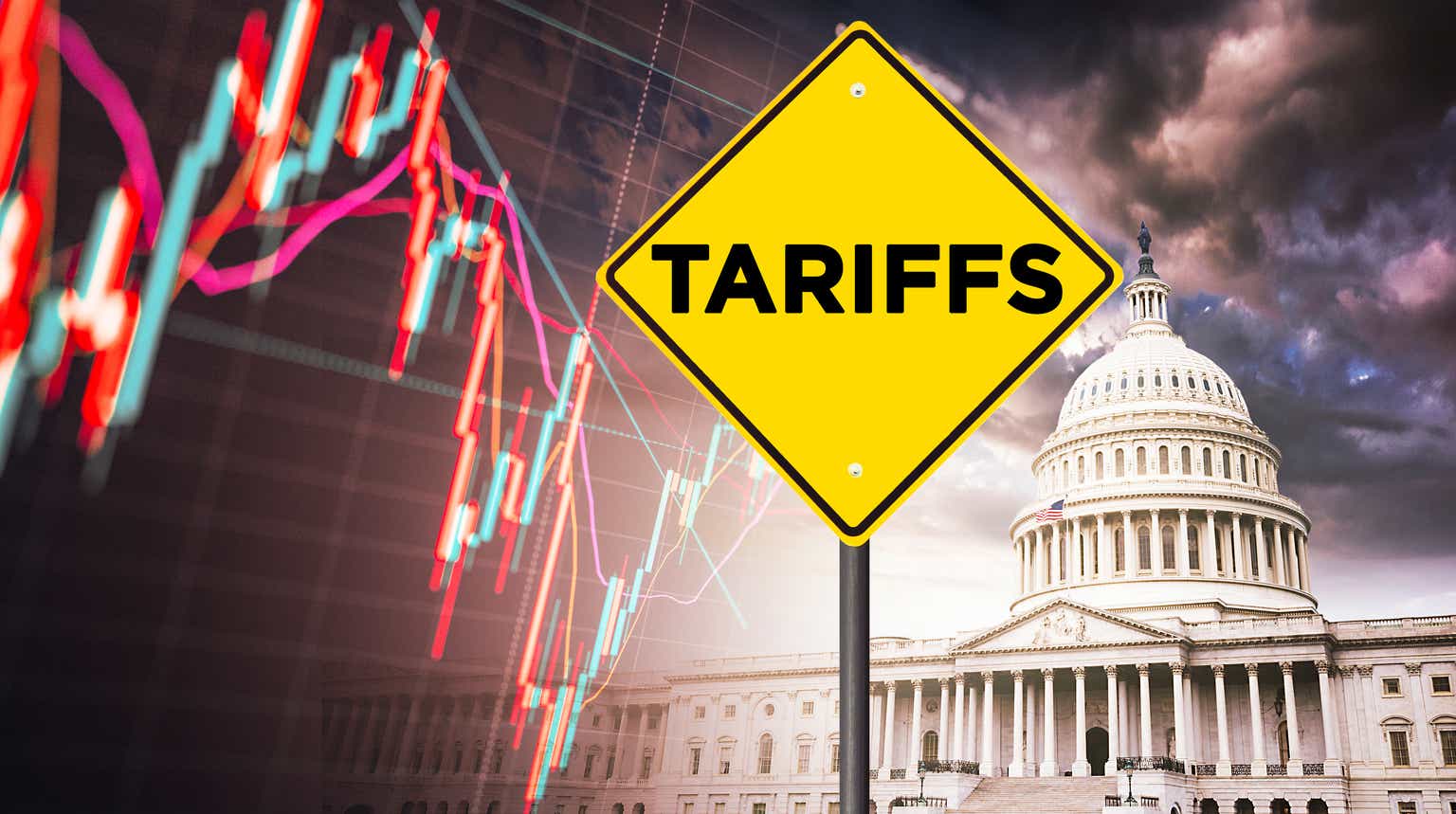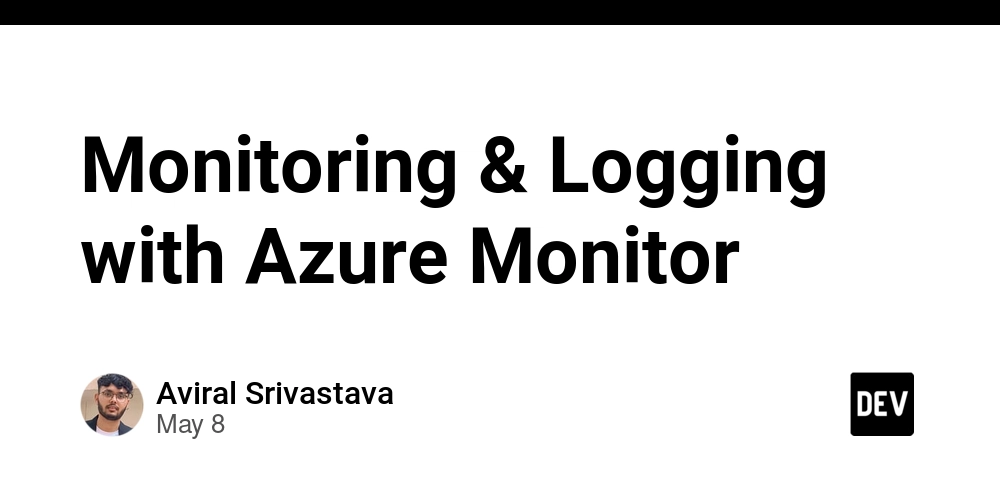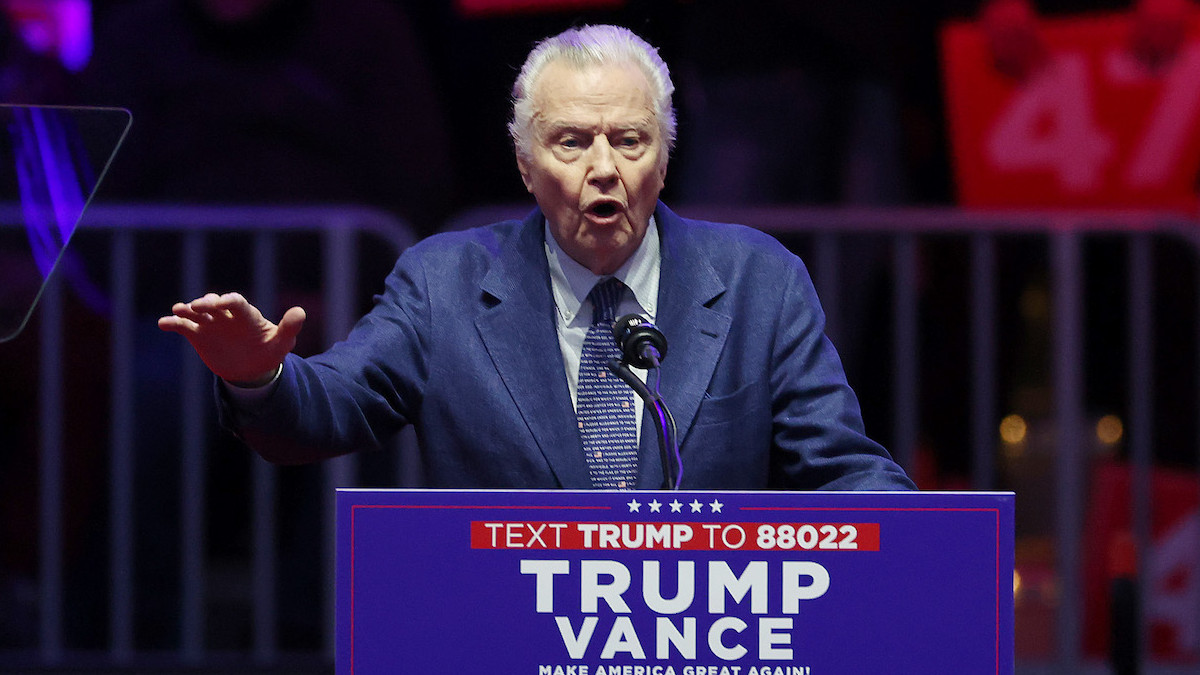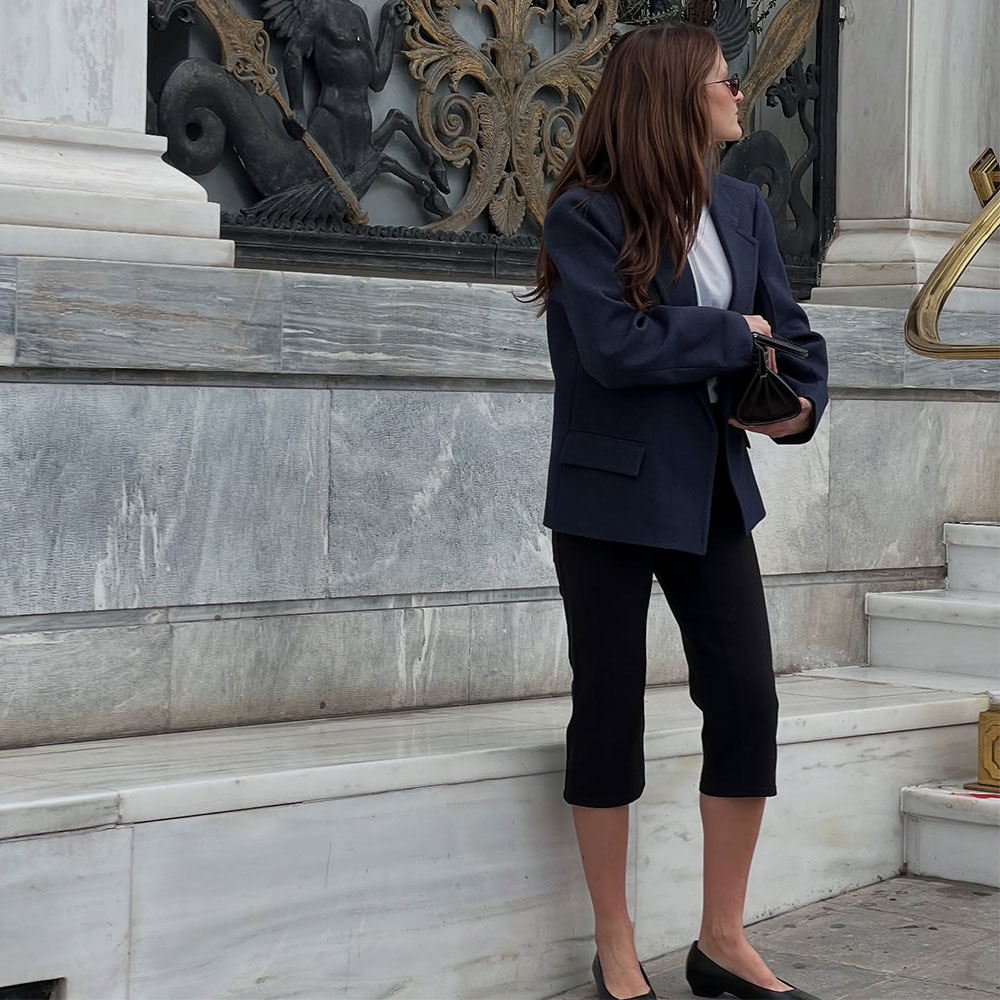Telling Elon Musk ‘I told you so’ over Tesla’s autonomous-driving pivot can wait, says Wayve CEO: ‘We’re going to stay humble’
The Tesla CEO opted for a rules-based self-driving system before pivoting to Wayve’s AI deep-learning approach.

Not many people could tell Tesla CEO Elon Musk “I told you so” quite like Alex Kendall could. But for the CEO of Wayve, a London-based startup that’s rapidly emerged as a key player in autonomous driving, that barb can wait.
“That’ll be a fun Twitter post one day, but…we’re going to stay humble for now,” Kendall said Tuesday during an onscreen interview at the Fortune Brainstorm AI event in London.
When Musk first heard about Wayve’s AI deep-learning approach to autonomous driving, he wasn’t sold on it. Instead, Tesla opted for a rules-based approach in which separate modules are used for perception, planning, and control of a vehicle.
Wayve, by contrast, employs a self-learning AI system whereby raw data from a vehicle’s sensors is fed into a neural network, and from there, deep-learning models handle the vehicle navigation. The system, also referred to as “end-to-end deep learning,” is designed to respond to real-world complexities the way human drivers do, rather than simply follow rules that might not account for those complexities.
Kendall, when taking a ride around London with Fortune AI editor Jeremy Kahn last year, explained how the Wayve-empowered vehicle worked.
“None of the way the car’s controlled, in terms of the speed it chooses or the lane it takes, none of this is hand-programmed,” he said. “It’s not following a map, but it’s making all these decisions based on what it sees.”
In 2023, Tesla announced a major pivot, saying it would switch to an approach similar to Wayve’s.
“I remember meeting Elon a couple of years ago, and he didn't believe end-to-end learning was going to work,” Kendall recalled on the Sifted podcast in October 2023. “And so for him to come out and say: Actually, we're changing our approach to this. I mean, that's vindicating for me.”
At the Brainstorm event Tuesday, Kendall reiterated that sentiment, saying it was “gratifying” that Tesla made its pivot. But he isn’t one to gloat. Autonomous driving, he said, is “one of the greatest engineering problems there is today,” and he expects “more challenges” on the road ahead. With that in mind, “one of the key values we have at our company is humility, and really not assuming we know the solutions.”
Kendall could be forgiven for losing at least a little humility given the rapid ascent of his startup. The New Zealander cofounded Wayve in 2017 following his award-winning PhD research at Cambridge University, which showed “how end-to-end deep learning could enable safe and real-time scene understanding,” as he writes on his website.
A year ago, Wayve raised more than $1 billion from SoftBank, Nvidia, and Microsoft, among others—just seven years after its founding.
Wayve hopes many automakers will incorporate its AI technology. Last month, Nissan became the first, saying it will integrate the startup’s offering into its driver-assist system in 2027.
This story was originally featured on Fortune.com



